Welcome to the latest edition of the Rewilder Weekly! 🦬🌳🐺🌞🌍
Before jumping into this week’s eight selected stories, give this a go 👉 a look into what researchers call “the internet of nature”.
Now then, let’s get on with it - wishing you a good week!
Cheers,
👉 As a reminder: If you come across stories you’d like to see featured in an upcoming edition of the Rewilder Weekly, send them to me and I’ll gladly do what I can.
1) They bought a mountain - and that was just the start
The The Woodland Trust, established in 1972, is the UK’s largest conservation charity and has a simple and hopeful vision: “a UK rich in native woods and trees for people and wildlife.” By 2022 a whopping fifty million trees across the UK were growing thanks to the Woodland Trust.
I got to meet with Woodland Trust Scotland's Caz Austen and Malcolm Turner. The trust bought the Ben Shieldaig (the estate with the amazing mountain you see in the image) in 2019, then the neighboring estate in 2021. These two estates are now managed as one, called Gleann Shìldeag. The work they do, the scope and long-term vision for increased native woodland, for increased nature connectivity, for wildlife to flow and increase - all of it is quite staggering. I wish them success and many volunteers ... and lots of nice planting weather!
👉 and here to engage on LinkedIn
2) The Dalmatian pelican’s comeback
Rewilding Europe reports on their collaboration with the Pelican Way of LIFE initiative, to restore the European population of Dalmatian pelican. They write, “While habitat loss and other threats have impacted pelican numbers, rewilding efforts are bringing hope. Through research, wetland restoration, risk reduction, and community engagement, we are shaping a better future for pelicans and the many species that share their habitat.”
The video shows how local communities, and partners work together to secure a future for the Dalmatian pelican – and the wetlands it depends on. These conservation efforts are made possible with the support of the LIFE Programme EU, Arcadia Fund, the Green Fund in Greece, and the Whitley Awards in Bulgaria.
👉 Go here to learn more about the Pelican Way of Life
👉 and here to engage on LinkedIn
3) A time of trees and rocks and white-tailed eagles
Claire and Richard Munday began to restore the Kinloch Woodlands in 1992. Until then, the 3’700 acres were part of the Lochcarron shooting estate. The new owners immediately switched gears. They created a holiday business and, instead of running the state in traditional ways, they began to restore the lands that had been degraded by sheep and deer, logging and fire over the course of centuries.
When I was there last week, I got to roam the deer-fenced part of the estate together with Claire and Lucie Wuethrich - and it was a joy to see nature alive and well and growing vibrantly. The effects of freedom from intense deer and sheep browsing are evident everywhere.
👉 and here to engage on LinkedIn
4) Meet CoCo: Co-creating Coexistence
A team of 18 partner institutions from 12 European countries embark on a highly important new research project called “Co-creating Coexistence.” With the restoration successes of past decades, the pendulum these days swings very much into the anti-large carnivore direction again. But, for anyone with eyes to see, it’s long become evident that we need apex predators if we want healthy, biodiversity-rich nature that sustains us into the future.
CoCo writes, “The partnership consists of a mixture of partners from different fields (e.g. agriculture, biology, social sciences, communication, conflict management) and stakeholders (e.g. hunters, landowners). We aim to gather knowledge from other pastoralists, hunters and landowners, through the project activities. This diversity of knowledge, brought together by different experts, allows us to find solutions that harmonise pastoralism and wildlife.”
👉 and here to engage on LinkedIn
5) A people study from the Carpathians
This is important work, methinks. A study by the Natura 2000 Coalition that talked to people in the Southwestern Carpathians about their experiences of living within protected areas. Whenever there’s an increased focus on nature, some people will feel encroached upon in any number of ways - some entirely rational, some purely emotional - all of them need addressing.
Turns out there local communities are strongly bonded, emotionally and culturally, with fnature, that they interested in learning about ecology, that they demand community involvement from the start - and that there are concerns about tourism and frustrations with bureaucracy. Best-in-class rewilding efforts always bring in local communities from the start.
👉 and here to engage on LinkedIn
6) Standing in nature’s way
This is utterly ridiculous. Beavers are native to Scotland, are protected in Scotland and rightly feel entirely at home in Scotland (there are about 1’500 of them). All’s well, it would seem. And yet - when someone has an issue with a beaver, it gets caught and relocated, or, worst case scenario, it gets killed. No issues, no trouble - efficiency’s the name of the game! But when it comes to releasing a beaver anywhere - the process takes years!
Now, Trees for Life has jumped through all the hoops that are required to release beavers into the wild (in Glen Affric) - two years-worth of consultations! - NatureScot has halted the process, citing ‘concerns among the local community.’ There will always be someone with ‘a concern’ - but that cannot be the way forward. The majority (two thirds!) of the Glen Affric community are for the beavers, for nature. NatureScot, stop stalling, start acting - and without delay - in nature-positive ways!
👉 and here to engage on LinkedIn
7) Wondering and worrying about de-extinction efforts
There’s this whole rumpus about Colossal’s “dire wolf” de-extinction. Frankly, I didn’t even feel like looking at it. After all, it was a) clearly a marketing ploy and b) entirely foolish on every level. With wolves being hunted down again everywhere you look - even the notion of de-extincting another (larger) wolf is just stupid.
I’ve written about this a while back and thought it was worth highlighting it - here’s a para from the article: “Why would we bring an extinct species back? Because we feel responsible for its demise? Because we want to learn from our mistakes? Because we want to give it another chance? Because we think it might be valuable for a more biodiversity-rich environment? But oh, the implications! Ecologically, practically, ethically - was Stephen Spielberg’s Jurassic Park just a movie? Was Marie Shelley’s Frankenstein just a novel? Or were they cautionary tales?”
8) Why not Scotland? - Watch the full documentary!
Why Not Scotland? is a 60-minute documentary that premiered last year and has toured and been seen in many places. Now it’s finally available in full length on YouTube. The doc forms a key element of the Scottish Rewilding Alliance’s Rewilding Nation campaign. The film travels along with Flo Blackburn, as she seeks out examples of nature recovery around Europe. She finds places where nature has returned vibrantly, and what it has reinvigorated rural communities, too.
The Scottish Rewilding Alliance writes, “Imagine a Scotland where nature is reawakened. Where a rich tapestry of native woodlands, wetlands, wildflower meadows and grasslands is stitched back together. Where land and seas teem with life. Where people feel connected to the natural world, wherever they live. And where nature-based enterprises support thriving communities far and wide.” Tag along with Flo and you’ll see that all of that’s not just possible - but eminently doable.
👉 Go here for more about the film
👉 and here to engage on LinkedIn
If you enjoy the Rewilder Weekly …
… consider supporting my work. Your paid subscription will help generate the funds needed to realize a unique rewilding book I’m working on (if you want to know more about it, let me know). And, of course, that paid subscription also ensures that the Rewilder Weekly will always keep going for those who cannot afford to pay. A thousand thanks!
That’s it for this week’s edition! For more rewilding insights and stories from around the globe, use the #rewilding hashtag on LinkedIn and follow people, organizations and groups that are as passionate about rewilding as you are. Let’s keep connecting and growing the movement!








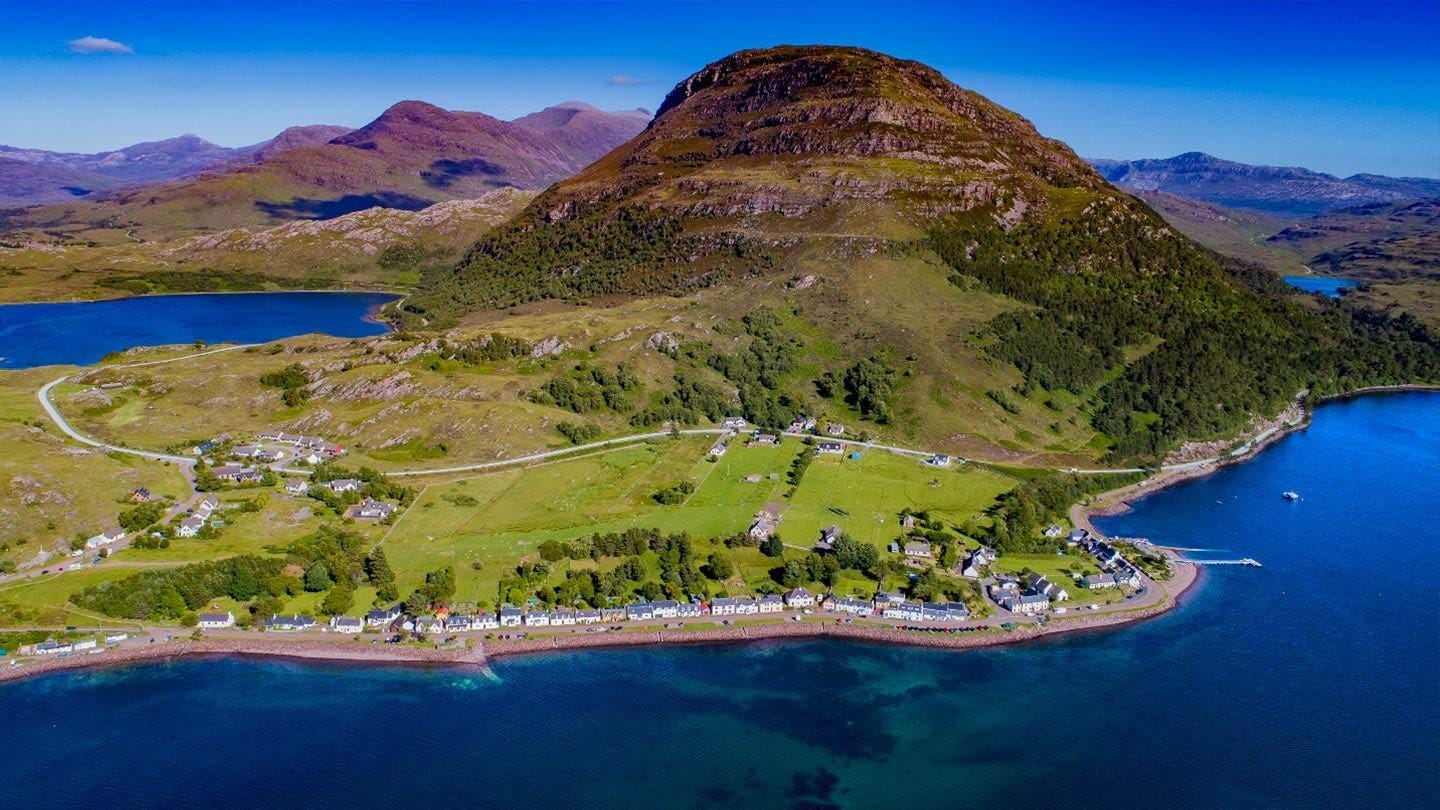


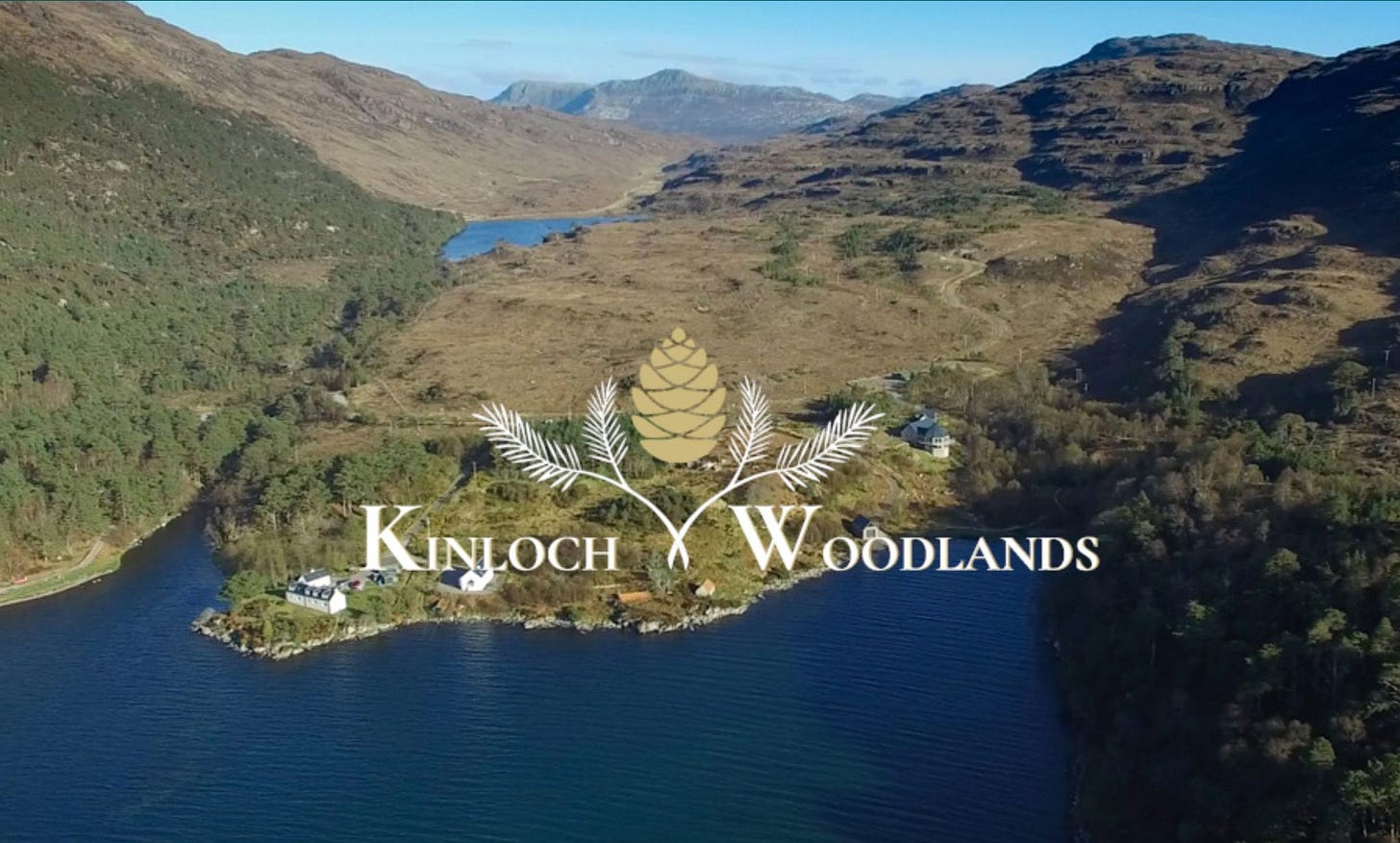

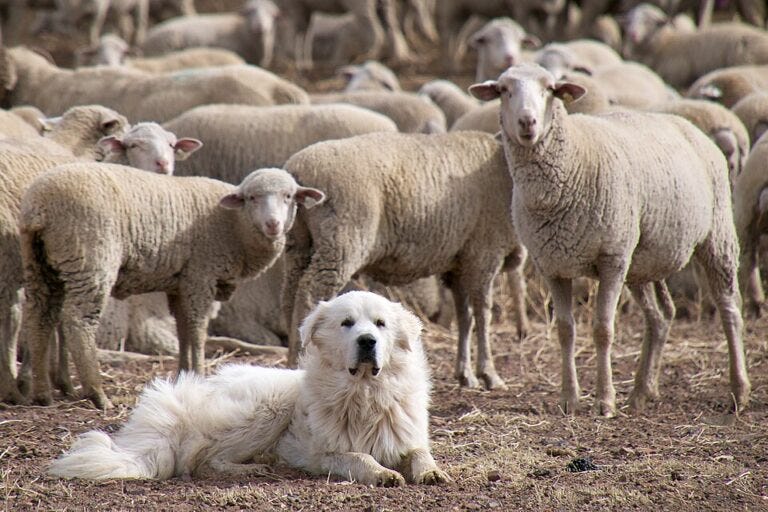

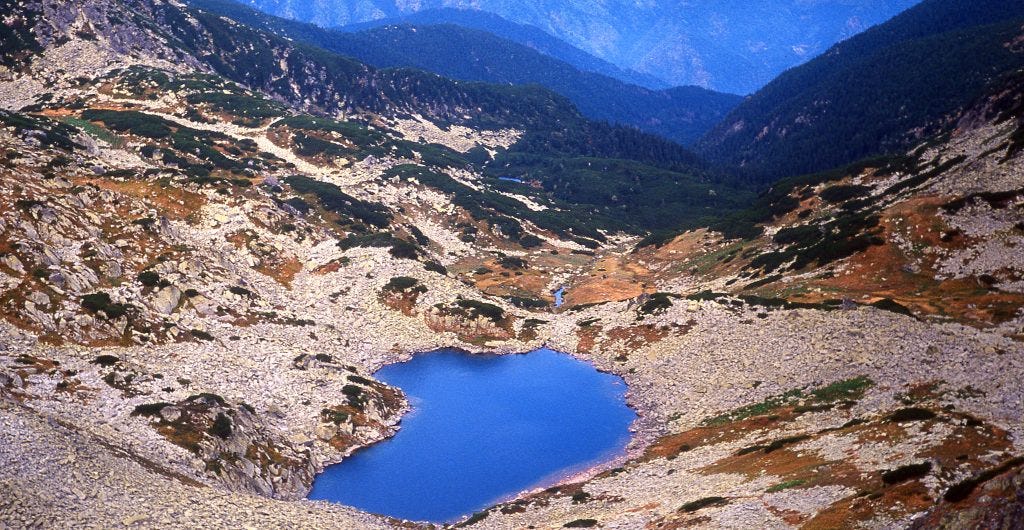

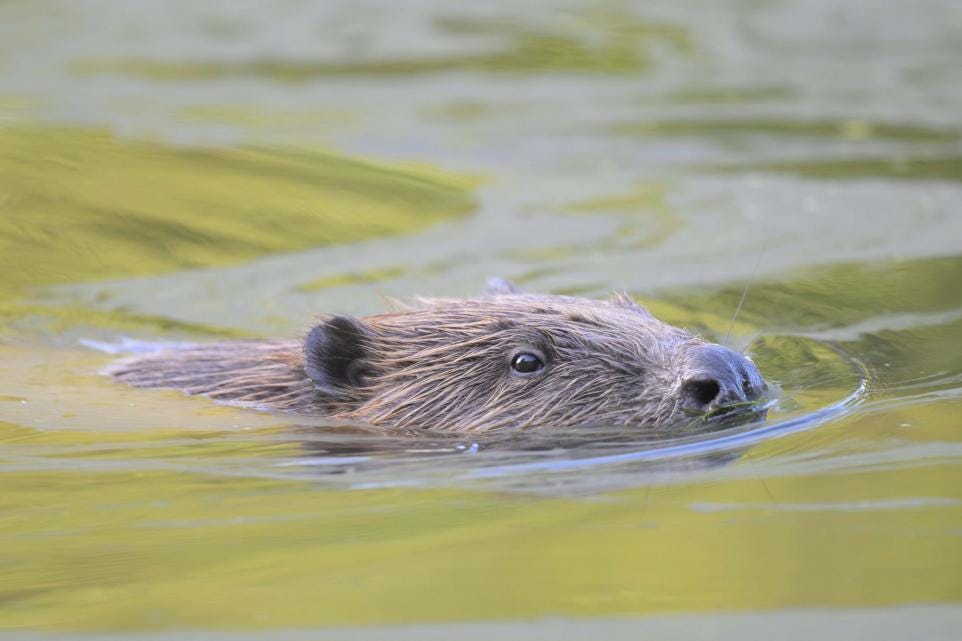

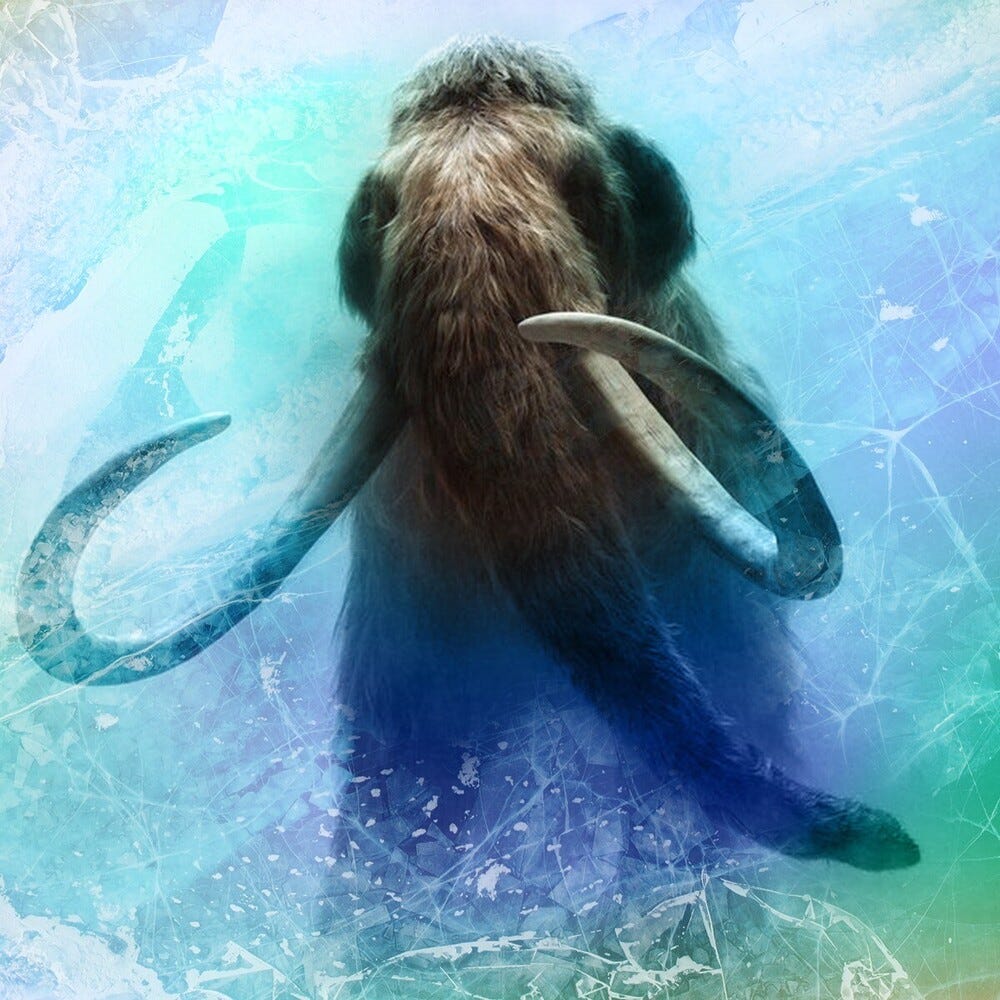


hi, I have signed up and will explore this platform. Thank you for the link to it, and for highlighting my illustrations in some of your ReWilding news letters.